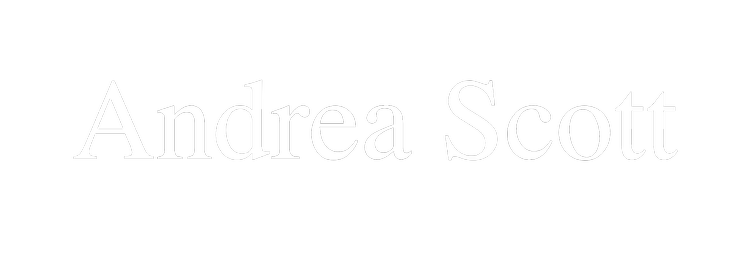Inspiration comes from some of the unlikeliest sources.
Read MoreSay What?
Taking Up Space Like an Oversized Sofa
If you inhibit yourself, you're not just inhibiting yourself, you're robbing everyone else of your perspective. - Jennifer Palmieri
Read MoreStratford U
30 years ago I was introduced to Arthur Miller's work and that's how I became a theatre nerd.
Read MorePraise Be, that Aint Buckwheat
I never saw black children onscreen when I was a child growing up in London, Ontario, except Buckwheat from The Little Rascals and Arnold from Diff'rent Strokes. They were mischievous, and they pulled funny faces. At no point do I remember a dark-skinned black girl who was smart and confident that I could point to and say, 'I want to be like her.' Penny from Good Times, maybe? Nah. She was being physically abused by her momma (remember that very special episode? With the iron??) and pretended to be Mae West. Oh Norman Lear, you did not understand little black girls in the 70's. *insert ironic coincidence here* A Wrinkle in Time Producer's Norman Lear connection
This was running through my mind when I took my nieces and nephew to see 'A Wrinkle in Time' this weekend. Even though they hadn't read the book I felt that it was important for them to see kids that looked like them onscreen. They're biracial, high achieving, happy children, but female and male heroes of colour in films are in short supply. When Ava DuVernay chose to cast Storm Reid in the role of Meg Murry she opened a door to a universe of possibilities for children of colour; it was a door I could never envision for myself when I was 12 and in love with Christopher Reeves as Superman.
Meg is smart, with big curly hair, and glasses. In fact she's a brilliant example of what a child exposed to science technology, and mathematics can do, if they had faith in themselves. The character is never embarrassed or shy about her abilities to solve a problem with physics. She understands that her faults can be her gifts and at some point gets out of her own way; but she does starts out as a self-conscious, sullen, angry, teenager. She hates the way she looks, is bullied, and get called to the Principal's office where she's given the opposite of a pep talk.
Meg comes around to appreciating her kinky, curly hair, and that's huge. Little black girls are bombarded with images of black beauty that reinforce the idea that only straight, silky hair is beautiful. She scorns a compliment about her hair early in the film and it's a reaction to which I could completely relate. I wanted swishy hair, hair I could flip over my shoulder, and not be affected by shrinkage from pool water. Meg shakes off those shackles in a nifty moment where she pulls her hair into a bun and receives another compliment, which she accepts graciously.
At the end of the film my nieces were all atwitter about Storm Reid and her performance. They loved her, the child who played her brother, Charles Wallace (Deric McCabe), and Meg's mom, played by Gugu Mbatha-Raw, MBE. I loved seeing this powerful, yet understated representation of strong women who didn't need to be saved. Meg saves herself and family with intelligence, math, self reflection, and the realization that from pain comes strength.
Or, as Mrs. Who, played by Mindy Kaling, quoting Rumi says, "The wound is the place where the light enters you".
